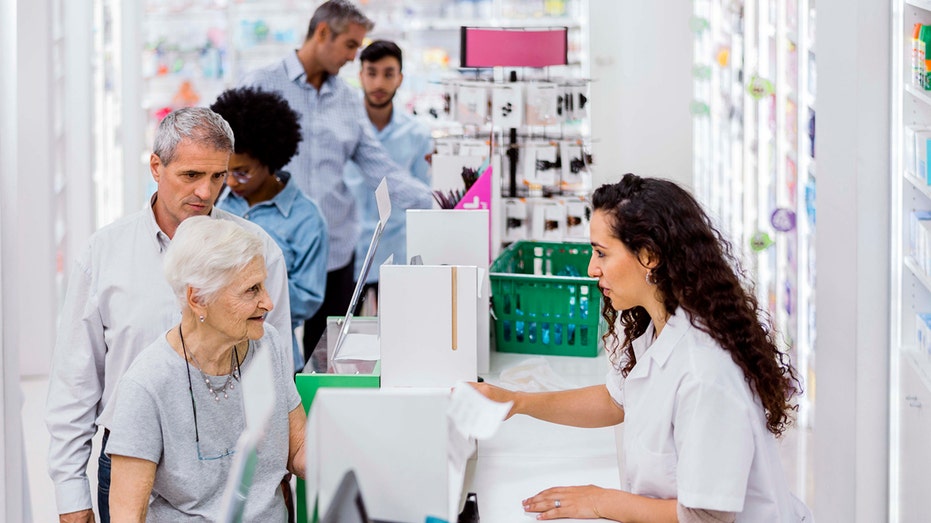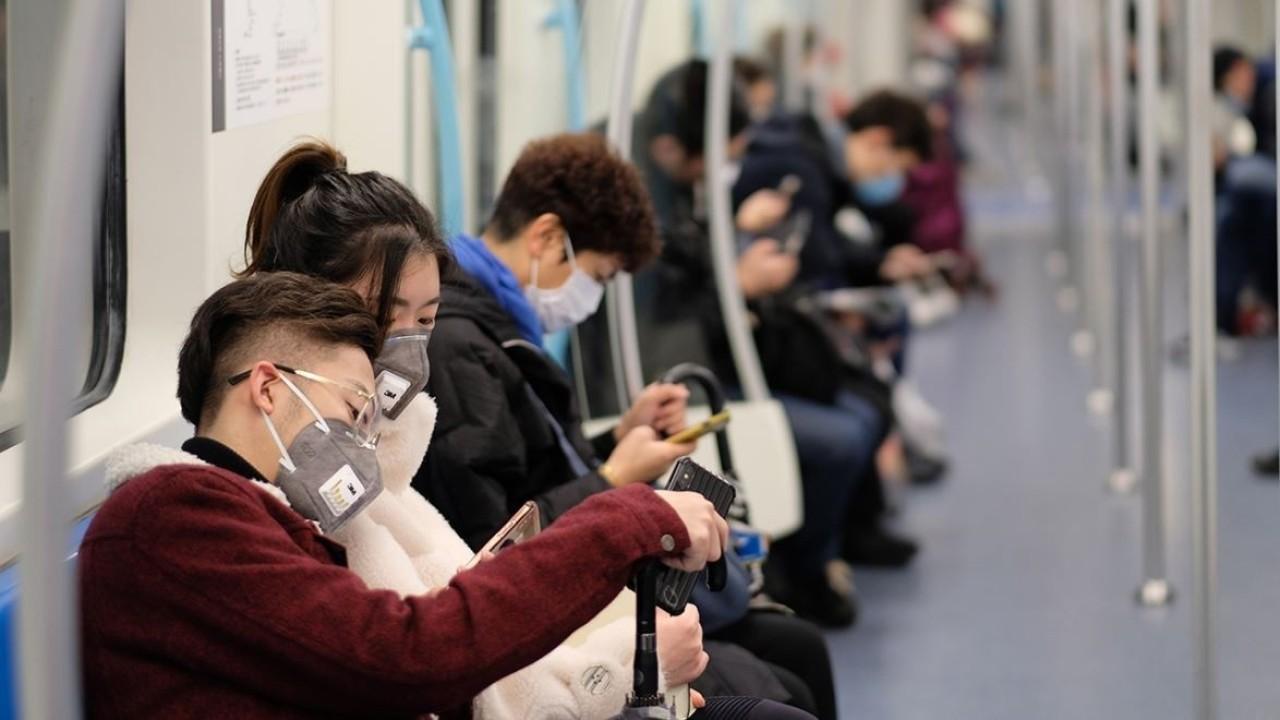Coronavirus effects on over-the-counter, prescription drugs
Doctors suggest Americans have at least a 1 month supply of prescription medication
The spread of the the novel coronavirus, which causes COVID-19, could impede access to an adequate supply of prescription drugs.
The Department of Homeland Security has recommened maintaining “a continuous supply” of prescription medication at home. But insurance and manufacturing issues are making that difficult for some.

Doctors are recommending that Americans have 30-day supply of prescription drugs on hand. (iStock).
"Right now the CDC is suggesting [that] people [should] keep at least a 30-day supply of their prescription medicine on hand," Dr. Holly Phillips, an internist in New York, told FOX Business.
This amount, she said, will get consumers through the 14-day self-quarantine period that’s suggested to anyone who has potentially been exposed to the coronavirus. The catch is that many prescription drugs have quantity limits and insurance companies decide how much they're willing to cover.
"If you need to get a refill before it's time, you can ask your doctor to submit something called a 'quantity limit exception' form to your insurance, if you have insurance," Phillips said. "Your insurance will have to send it to your doctor. Your doctor just explains health issues and why a quantity limit isn’t appropriate right now."
| Ticker | Security | Last | Change | Change % |
|---|---|---|---|---|
| CVS | CVS HEALTH CORP. | 75.77 | -2.58 | -3.29% |
Insurance companies are typically strict with how much of a particular medication they allow to be accessed at once because of concerns of misuse, expiration dates or the potential to be resold. However, during an emergency, America’s Health Insurance Plans says network requirements can be amended.
"Some insurance have limits on brand name drugs but not on generics, so check to see if switching to a generic is an option," Phillips said. "If still you can’t get passed the quantity limit, your next step is to pay out of pocket. Tools like RxSaver show you what the lowest retail prices for prescription drugs in your area are."

CVS, which owns health insurance company Aetna, said it would waive charges for home delivery of prescription medication so that the elderly and those at high risk for COVID-19 can stay at home. (iStock).
On Monday, CVS, which owns health insurance company Aetna, said it would waive charges for home delivery of prescription medication so that the elderly and those at high risk for COVID-19 can stay at home.
THE COST OF INSULIN CAN BE DEADLY
There have been 1,006 confirmed cases of the coronavirus in the United States as of Wednesday, with the most cases reported in Washington, New York and California. A number of some of the biggest health insurance companies in the country have said they would waive out-of-pocket costs for diagnostic tests as prescribed by health practitioners for the coronavirus.
Last week, the Food and Drug Administration announced there was a shortage in the United States of one prescription drug due to the coronavirus outbreak. The agency did not reveal the name of the medication, however, it said there was a manufacturing issue with one of the drug’s ingredients.
CORONAVIRUS CAUSES HAND SANITIZER SHORTAGE
What's more, the worldwide spread of coronavirus has led to shortages of face masks, medical supplies and has disrupted drug supply chains. As a result, the Trump Administration is aiming to diversify its supply chain to reduce U.S. dependence on China for medical products and pharmaceuticals, prompting more American manufacturing, the New York Times reported.
Keeping over-the-counter drugs on hand
Phillips advises consumers stock up on a supply of pain relievers and fever reduces such as acetaminophen (Tylenol), aspirin and ibuprofen (Motrin or Advil).
"It's also a good idea to have medications on hand for an upset stomach, like Pepto-Bismol since the flu can also cause upset stomachs, not in everyone, but that is one of the symptoms people experience. It's also a good idea to keep some fluid that has electrolytes like Gatorade just in case," Phillips said.
CLICK HERE TO READ MORE ON FOX BUSINESS




















